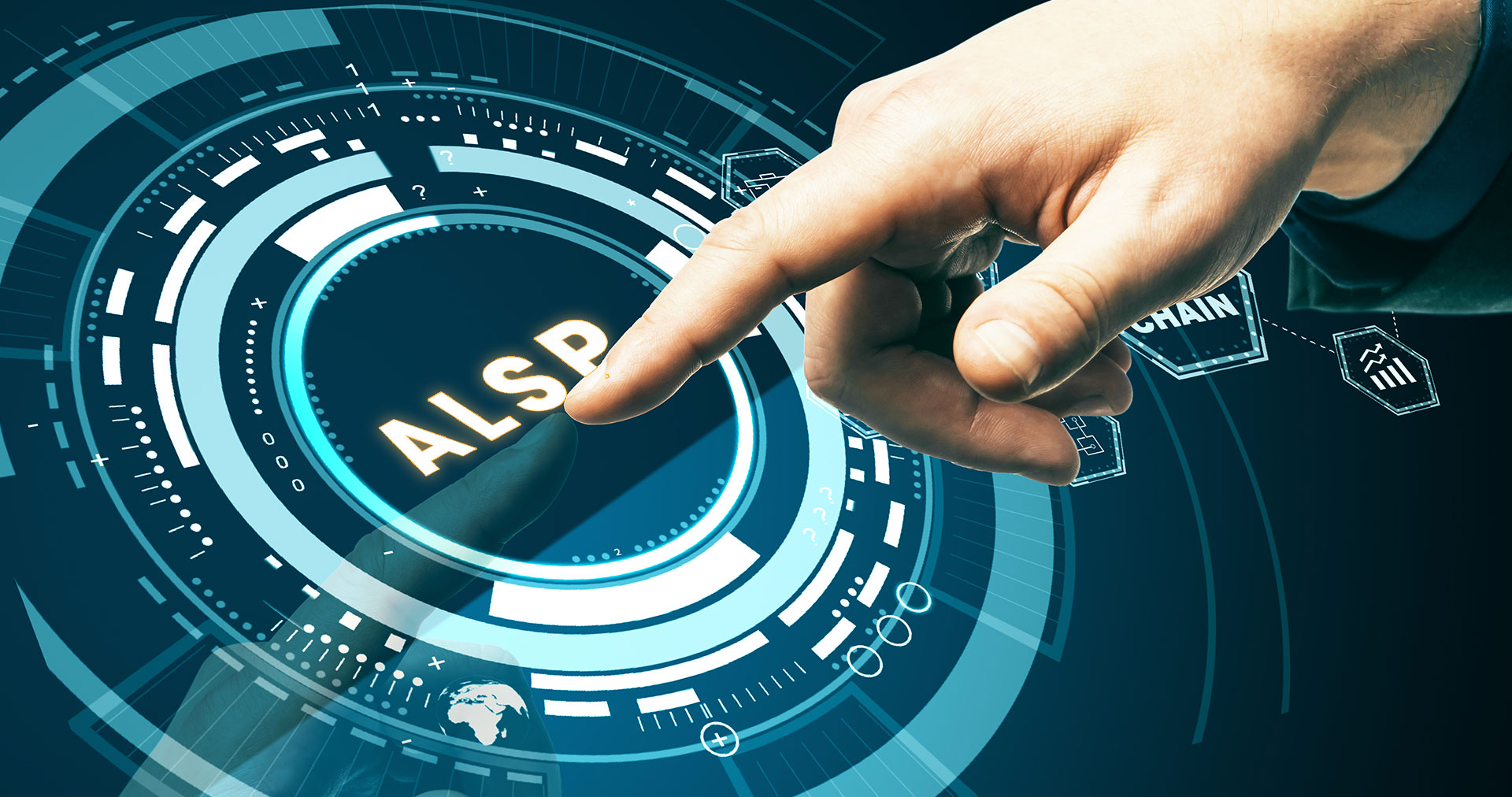Automated products could be a big win for businesses that no longer want to pay hundreds of dollars by the hour to law firms.
– Forbes
Legal departments and general counsel can automate legal tasks by using legal tech. These processes include managing, and performing legal tasks or workflows. The benefits that legal tech offers legal departments grows with every cutting-edge technology breakthrough, making it a valuable tool at every legal department. According to ContractPodAi, legal departments can use legal tech to automate legal tasks, mitigate risks, improve efficiency, and can cut back on overhead costs.
A McKinsey report states that 23% of legal tasks can be automated with current legal technology, and that this number is steadily growing as legal tech automation capabilities and powers increase with new advances including improved security. The growing number of legal tasks that can be delegated to efficient, error-free, and secured artificial intelligence can boost productivity at legal departments. A question that legal professionals may find themselves asking, however, is whether legal task automation is safe or not. Find out more in this article about the safety and security protocols baked into legal task automation.
Legal Privacy, By Design
The two types of safety that come to mind with legal task automation are the safety and security of relaying, transmitting, and storing legal matter and data, and the safeguarding of the information and interests of the parties that these data points belong to. Privacy by design is a concept that is explored in data privacy and the rules and regulations that govern them. The GDPR is no exception to this rule, and privacy by design is baked into the ethos of the GDPR, to protect the data and interests of concerned parties.
Professors of Jurisprudence, Ugo Pagallo and Massimo Durante, at the Law School in the University of Torino published a paper called The Pros and Cons of Legal Automation and its Governance which describes the role of legal automation, and how the concept of privacy by design “embeds privacy safeguards into technology”. In their paper, the jurisprudence professors find that “by designing robots in such a way that unlawful actions of humans are not allowed, or the regulation of robot behavior through design, creates normative constraints into the design of the artificial agent”. Legal tech leverages layers of security protocols to ensure that their powerful safety capabilities can capture, relay, transmit and store this legal matter in a safe and efficient manner.
Legal Task Automation is Safe
A general counsel in a Forbes article notes that “almost all NDAs are now processed automatically without requiring a lawyer,” attesting to the fact that the highly-secure and safe legal task automation makes it a dependable method of completing rote tasks. In addition, automation has changed the way legal departments and general counsel operate for the better. Apart from being safe and secure, legal task automation offers deeper insights into legal workflows, individuals on projects, and an organization-wide view of legal tasks on hand. Is legal task automation safe? In a word, yes!










